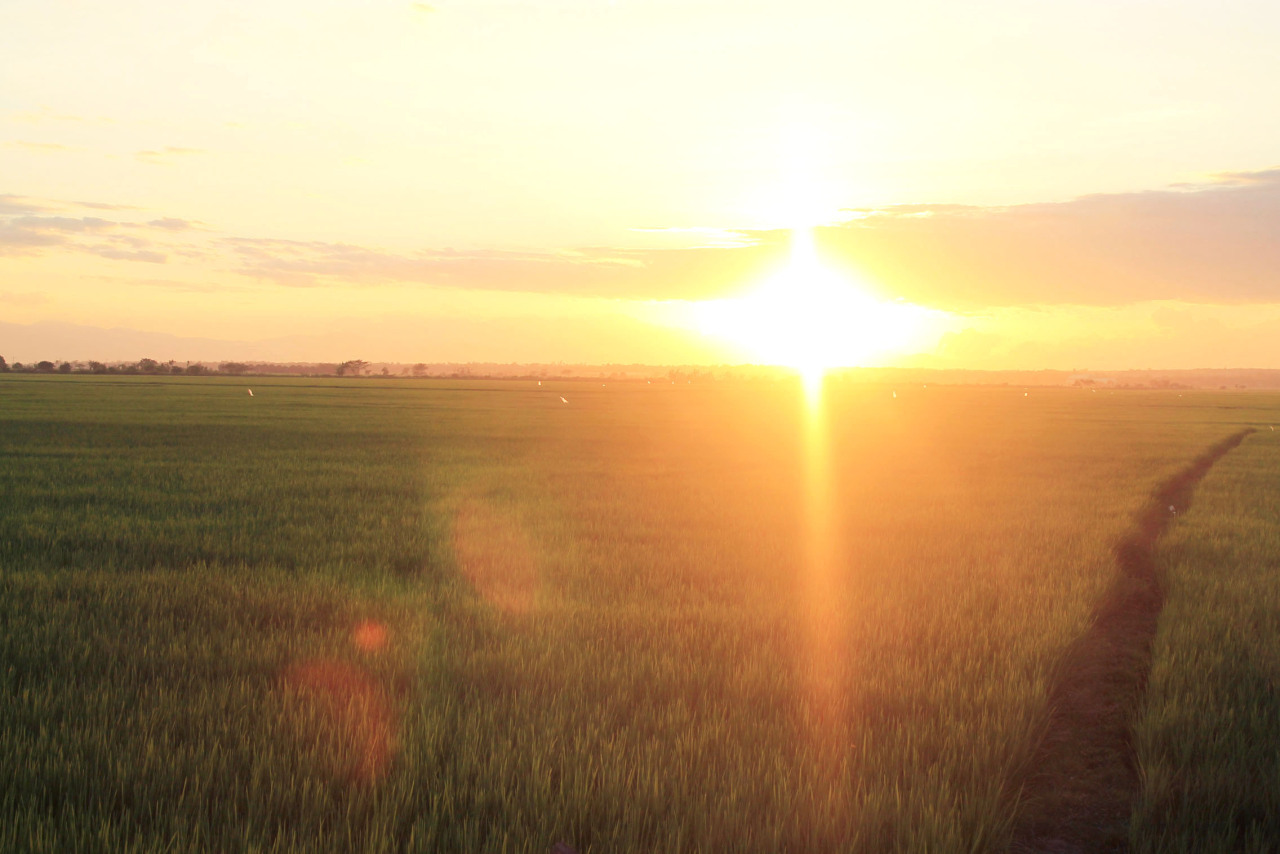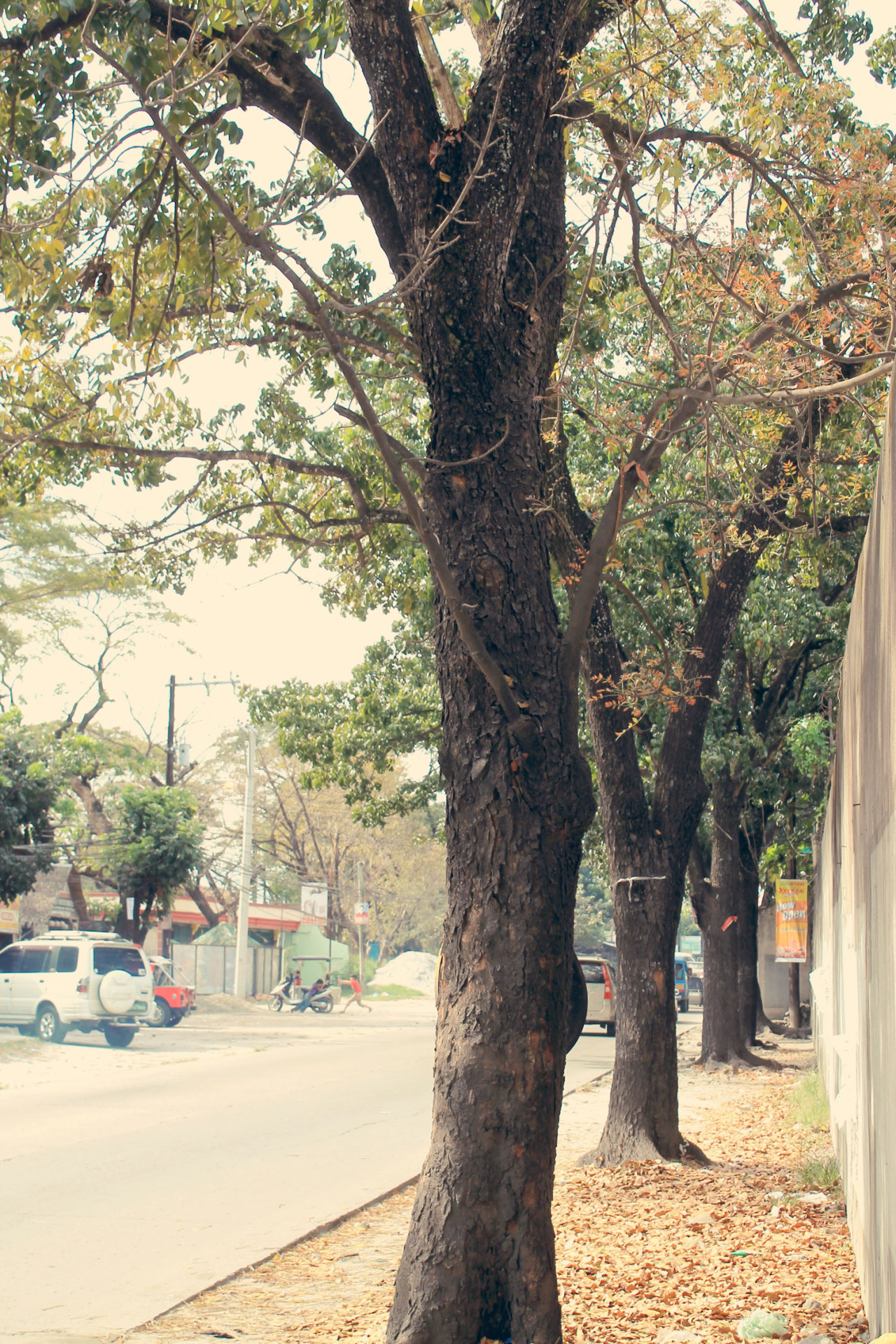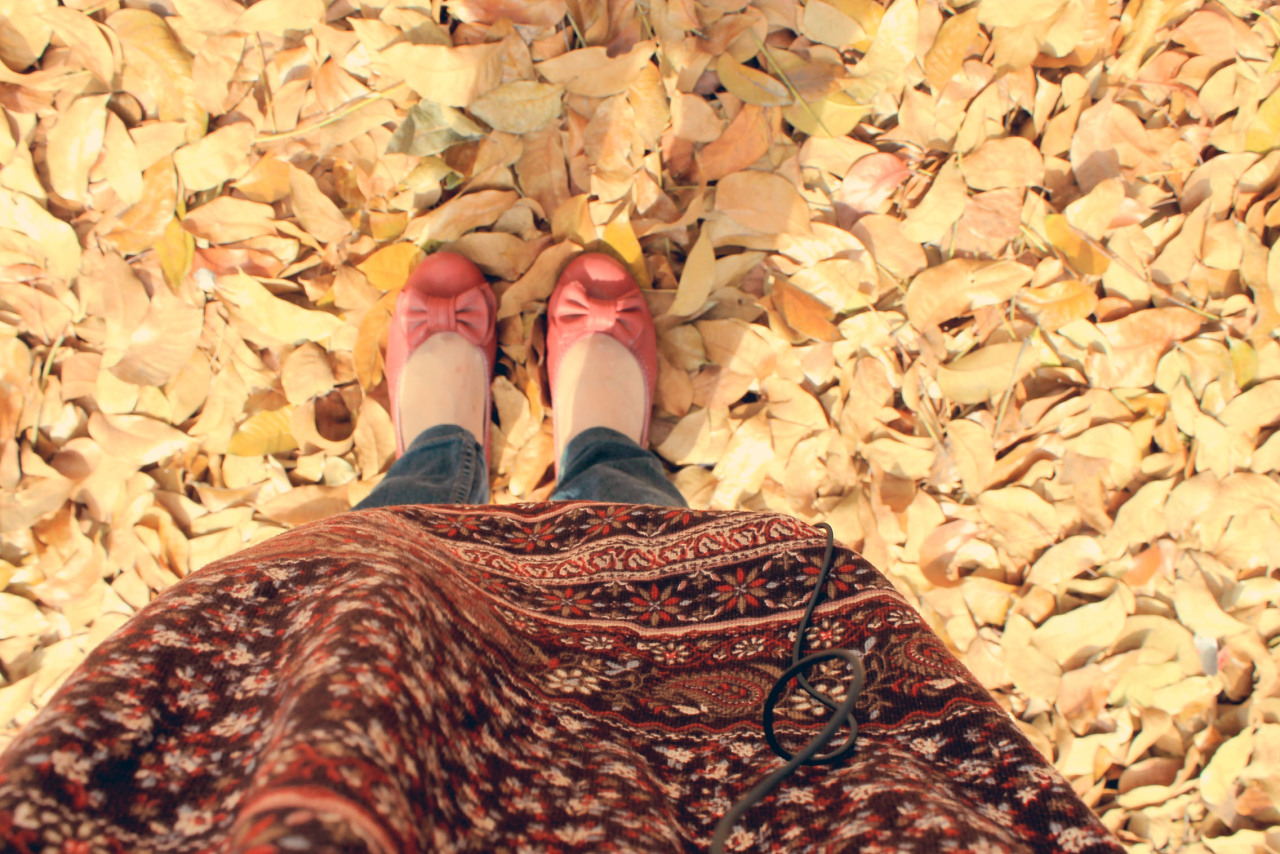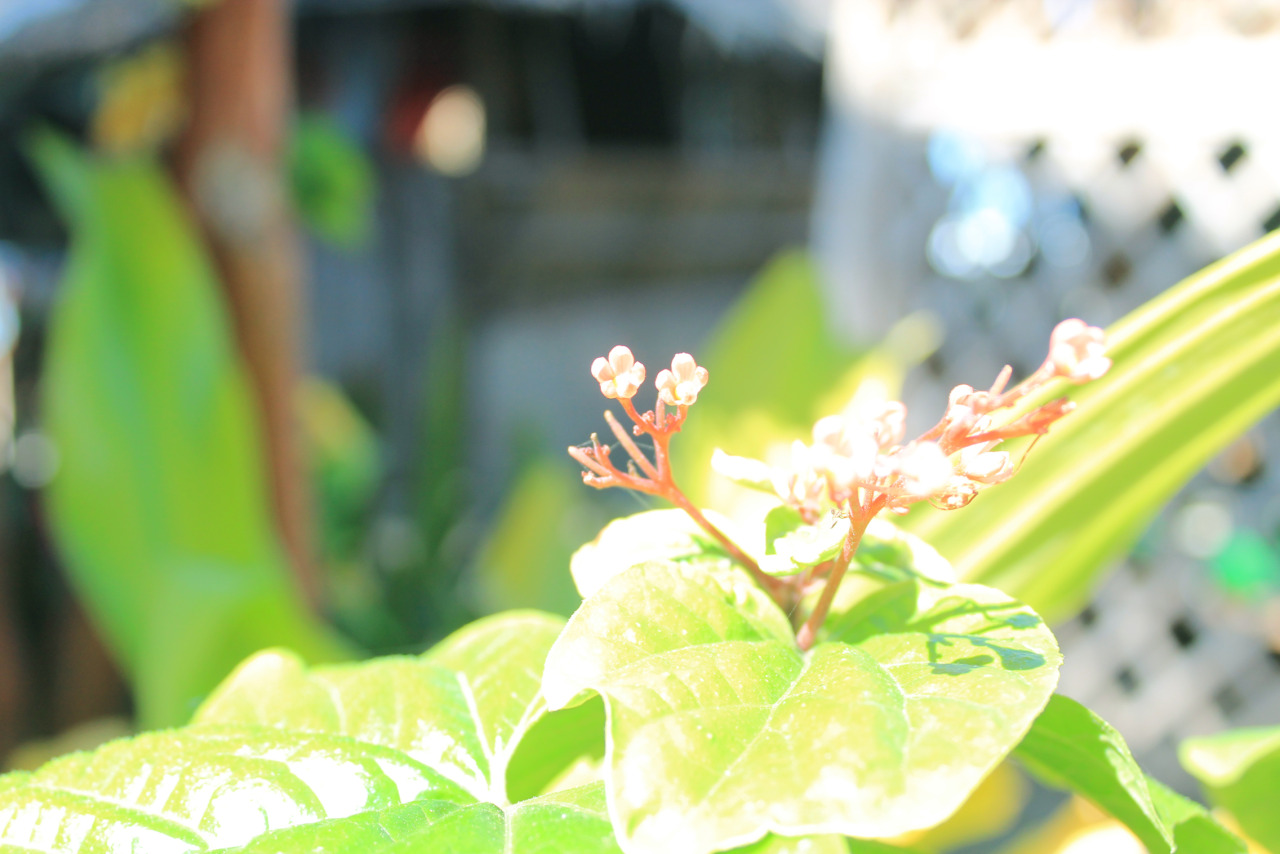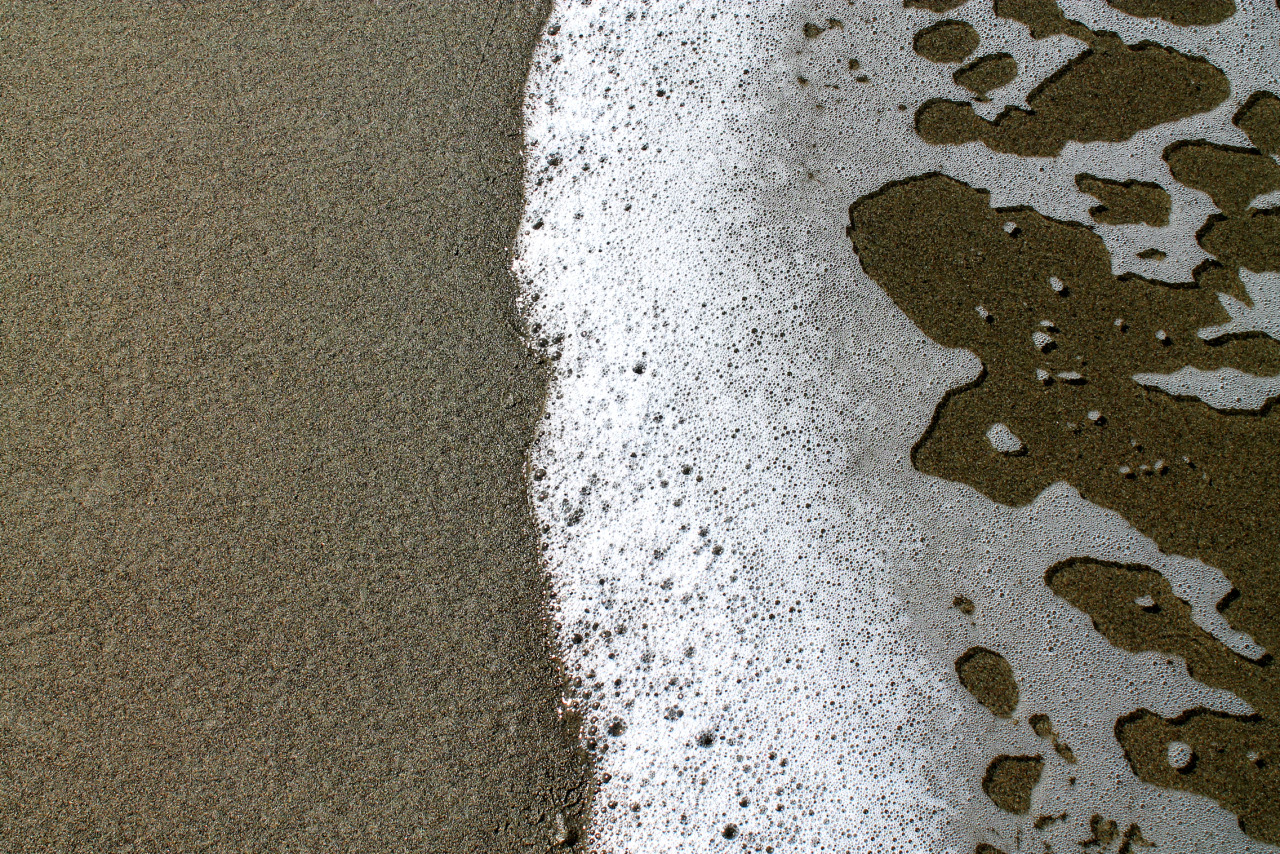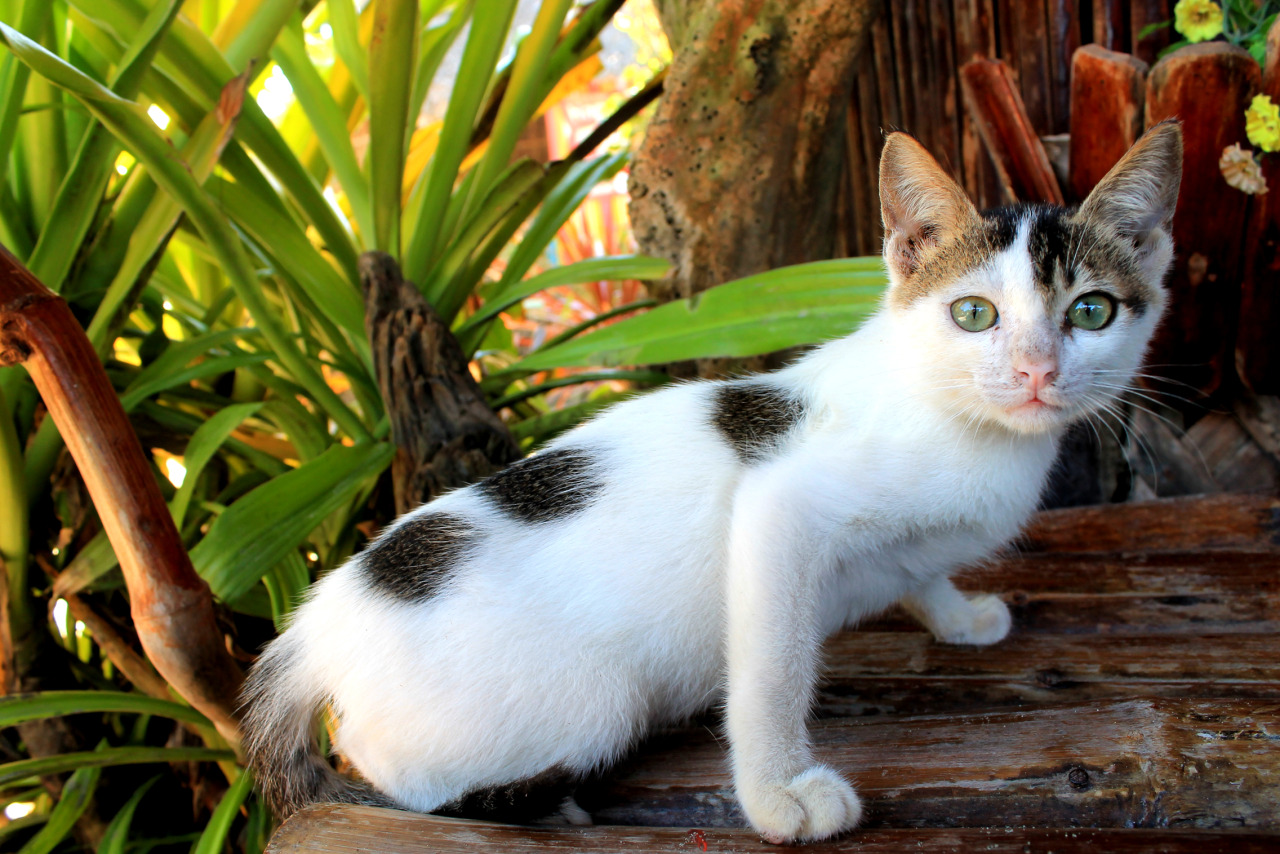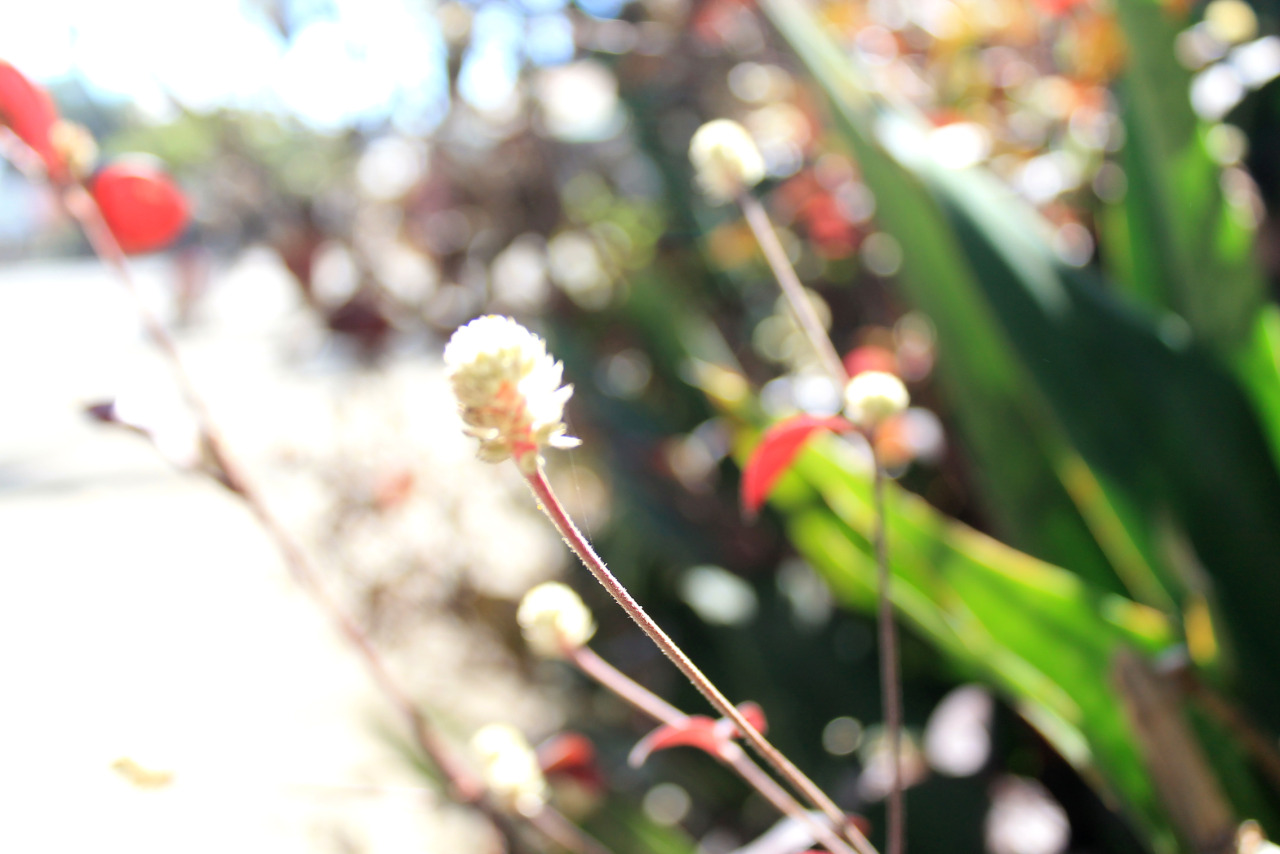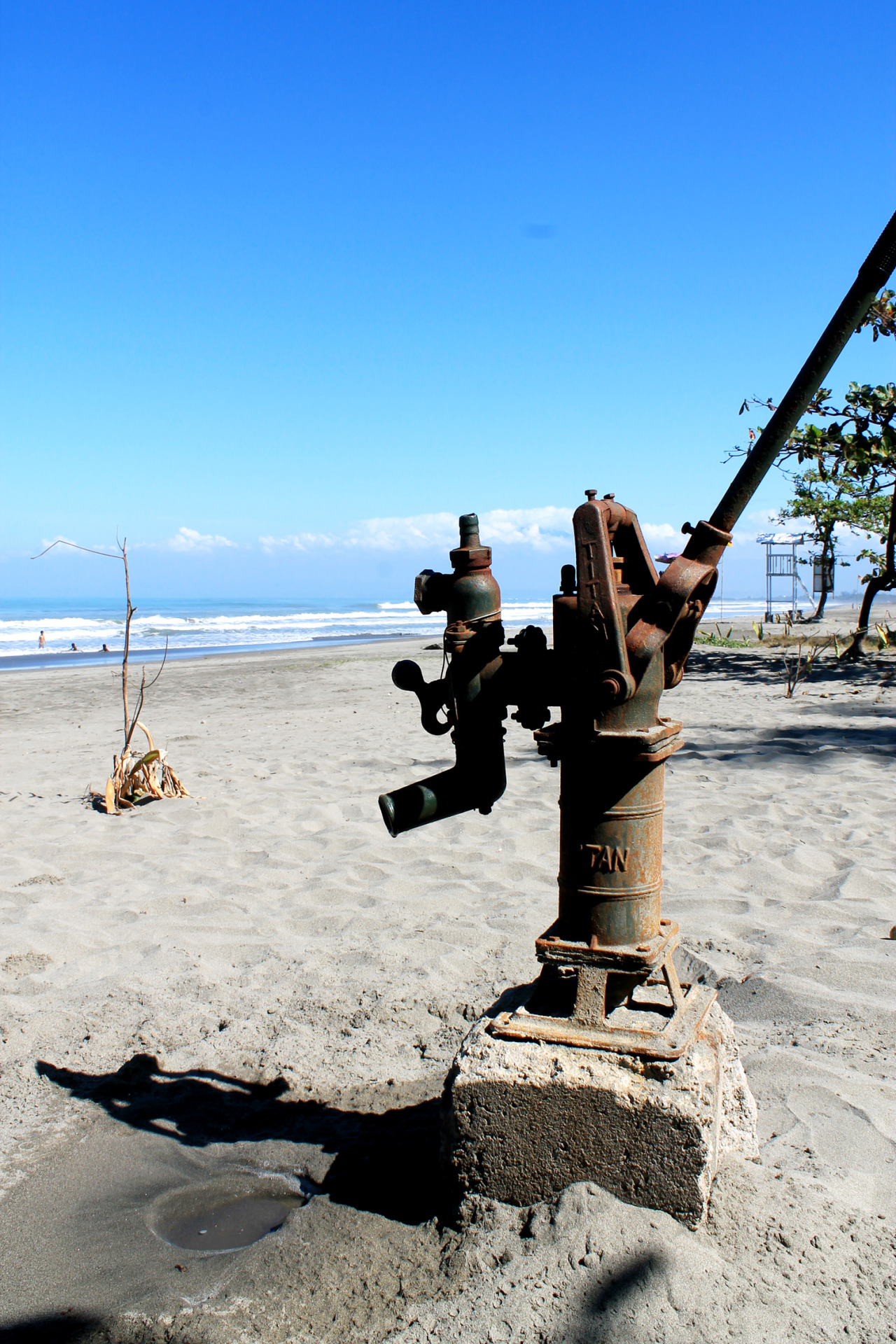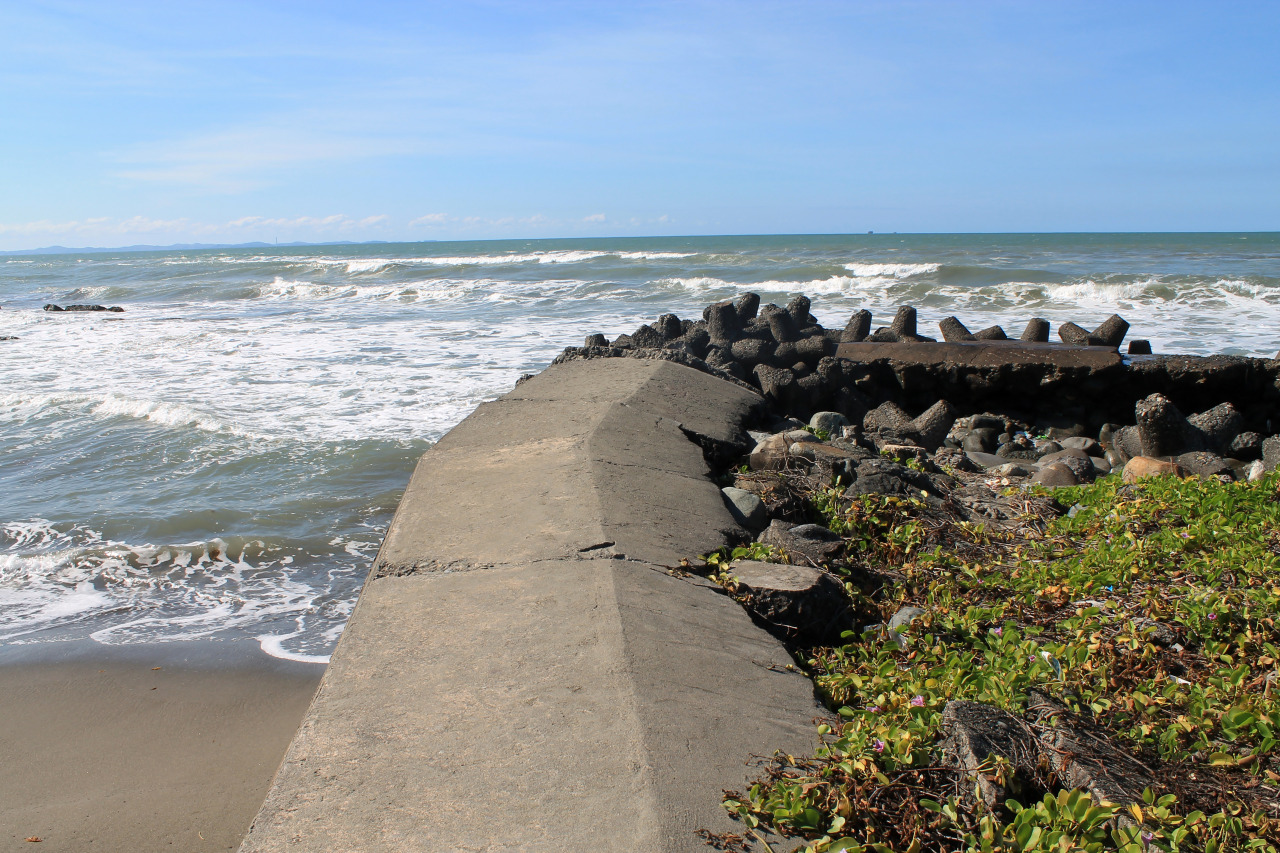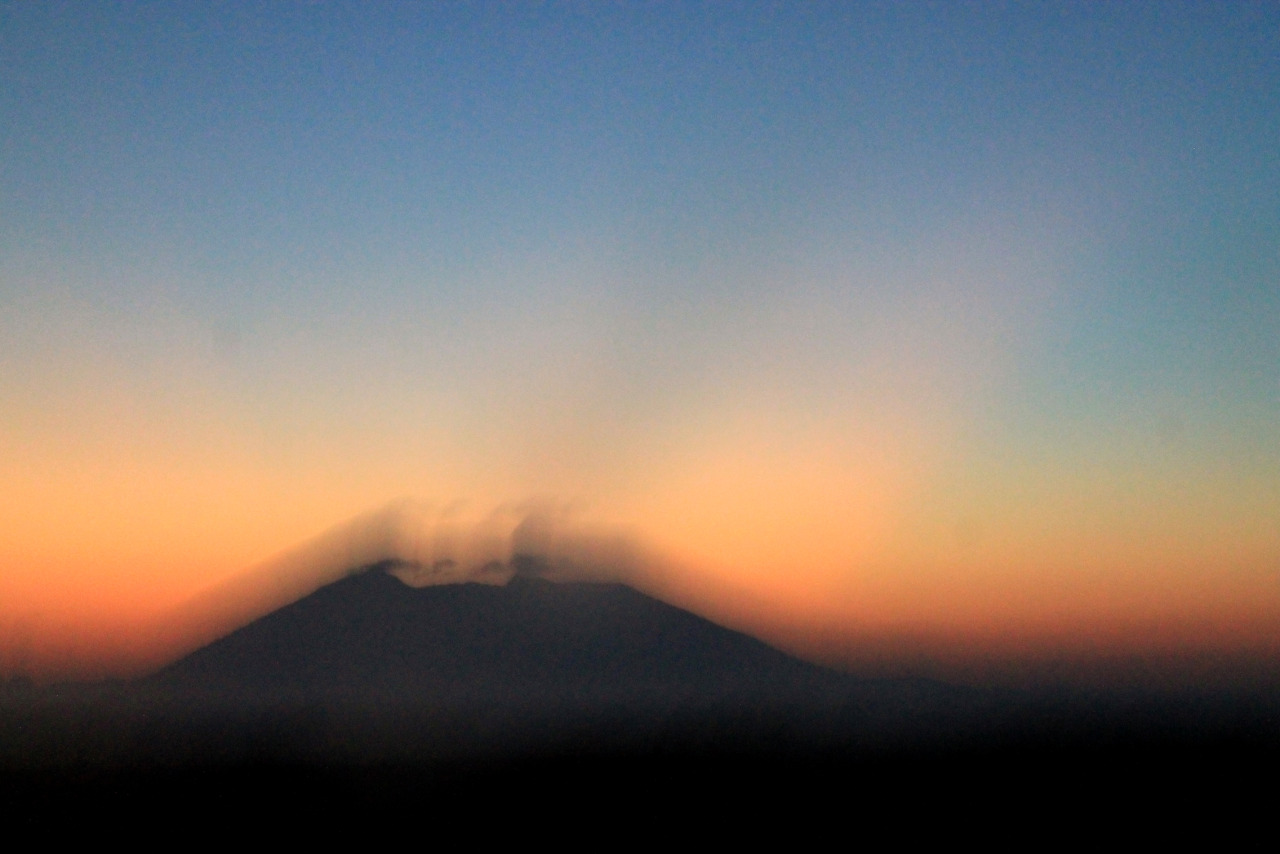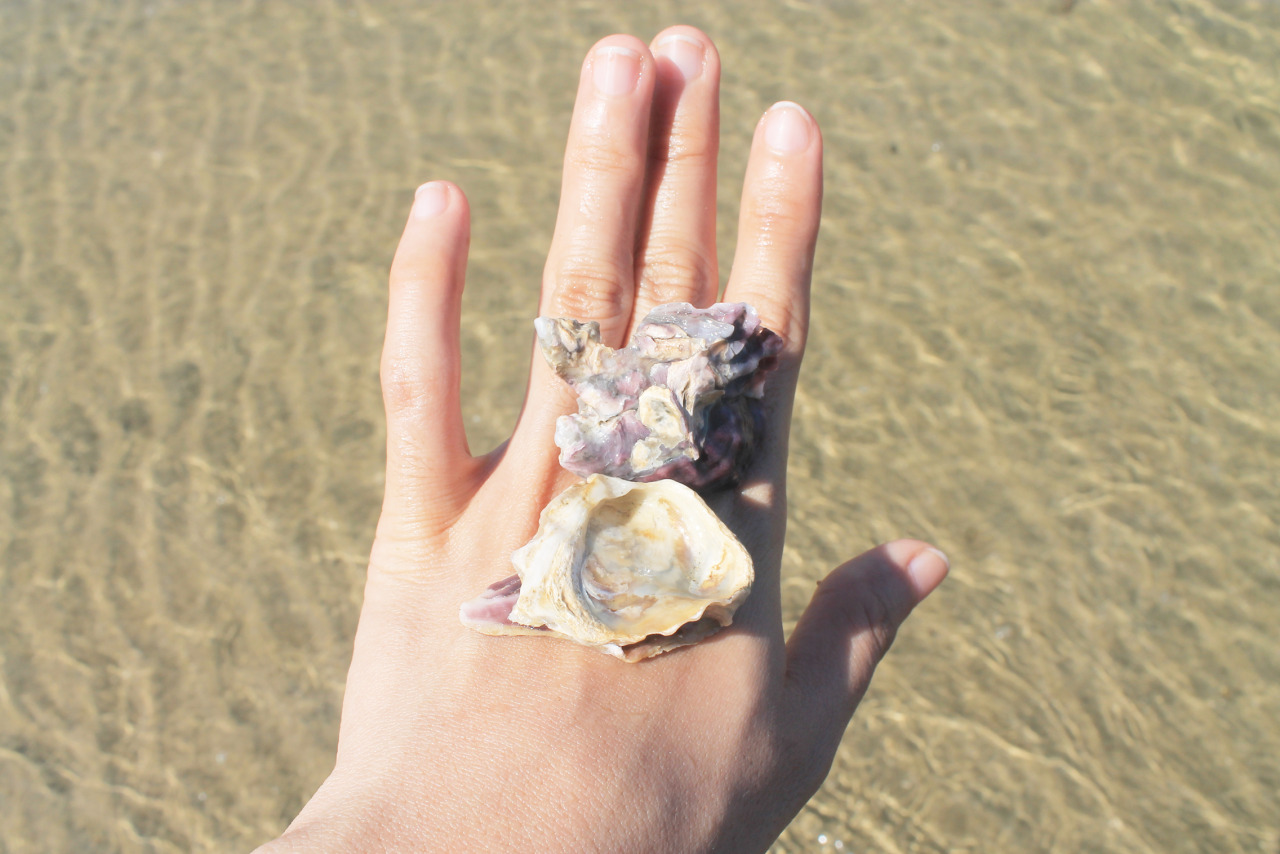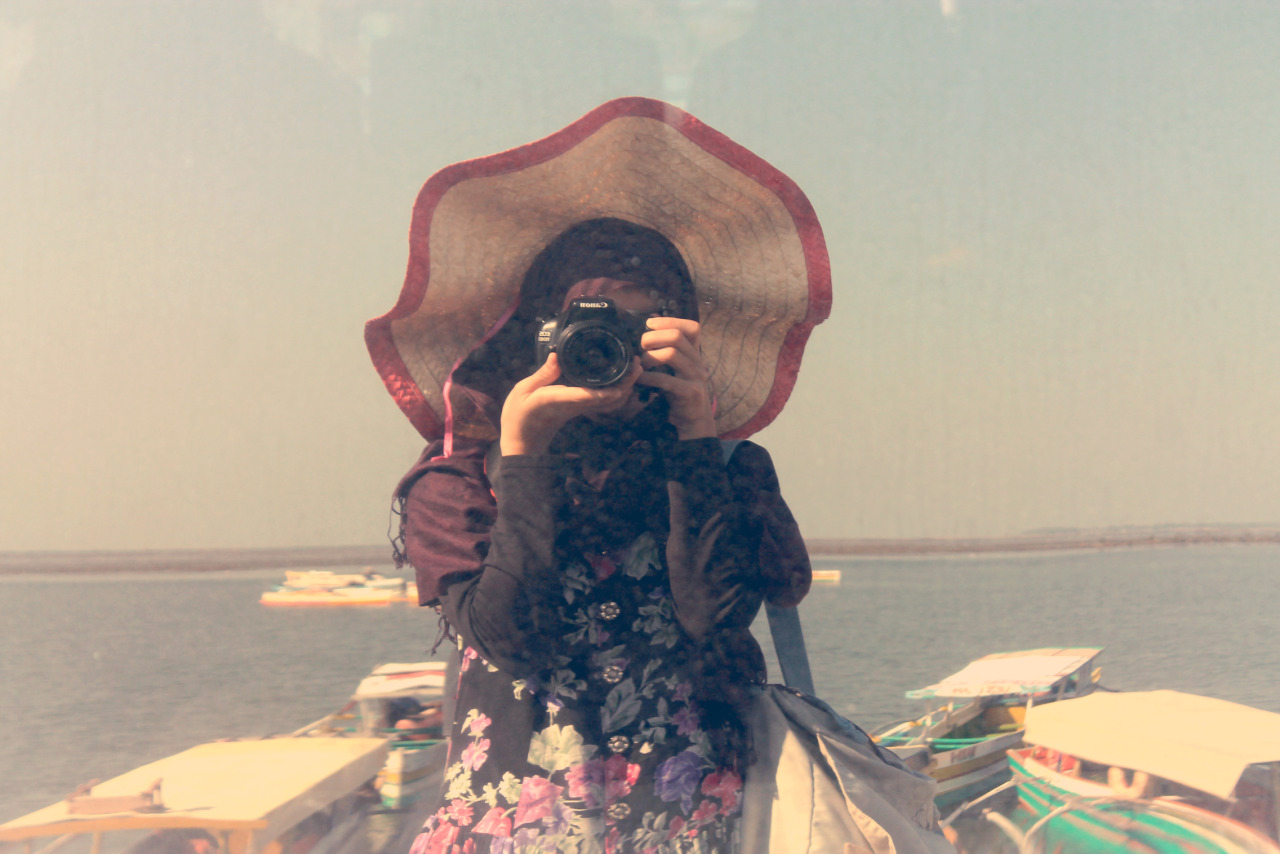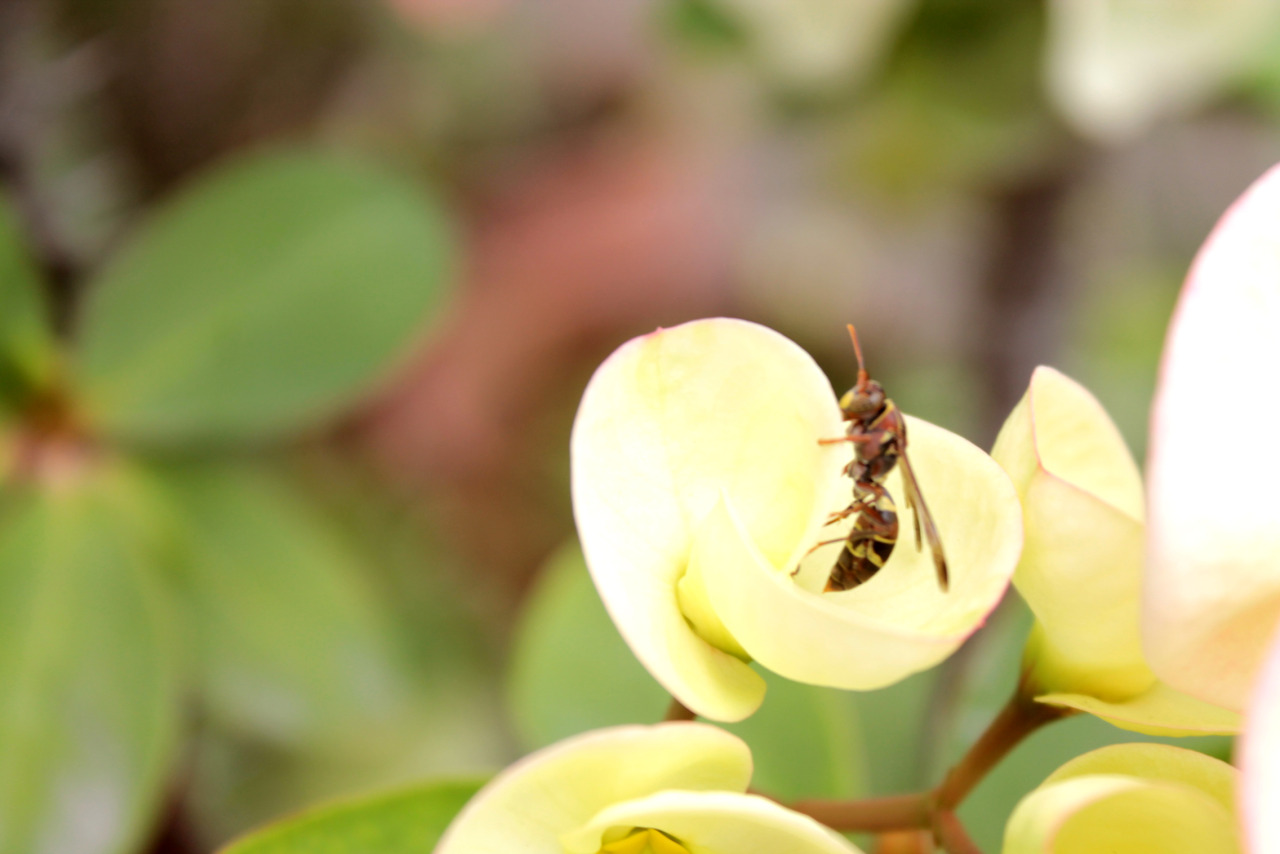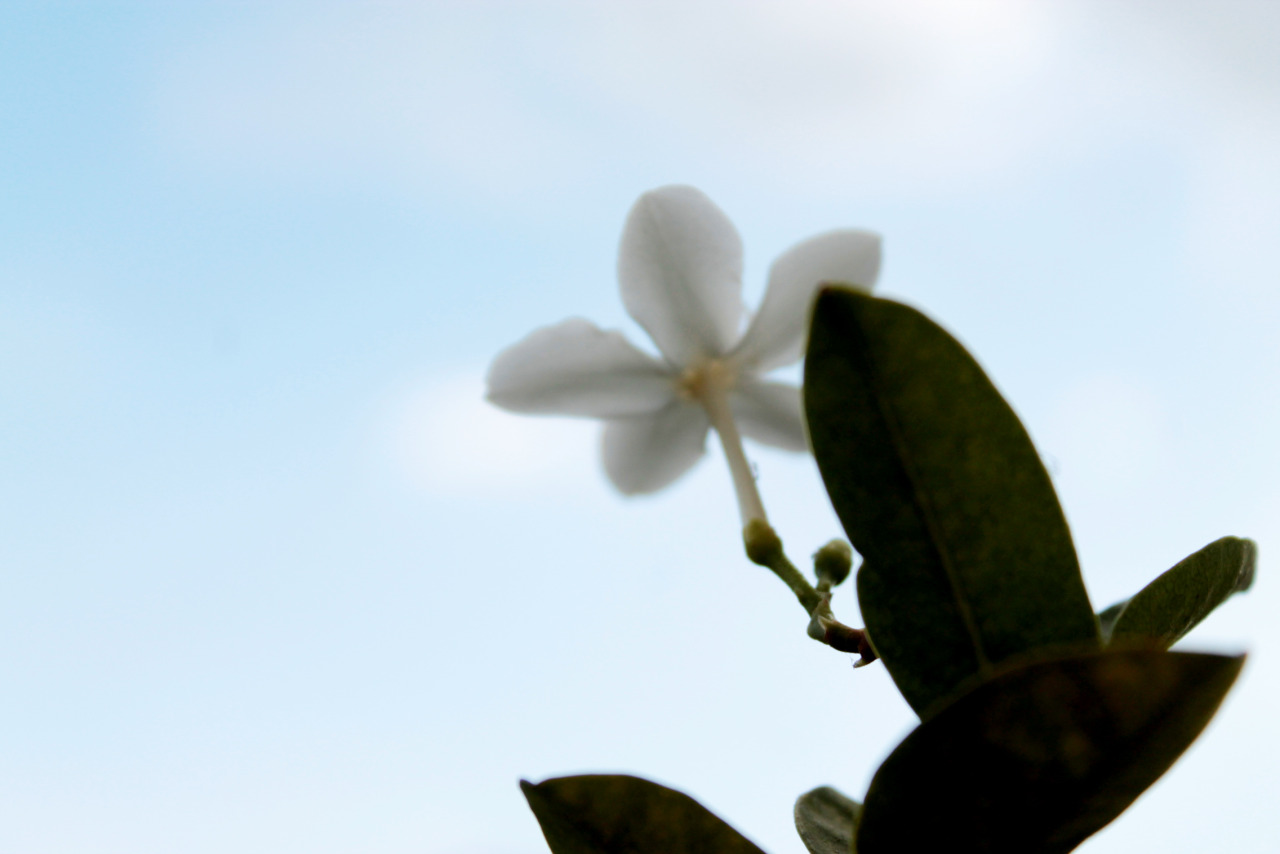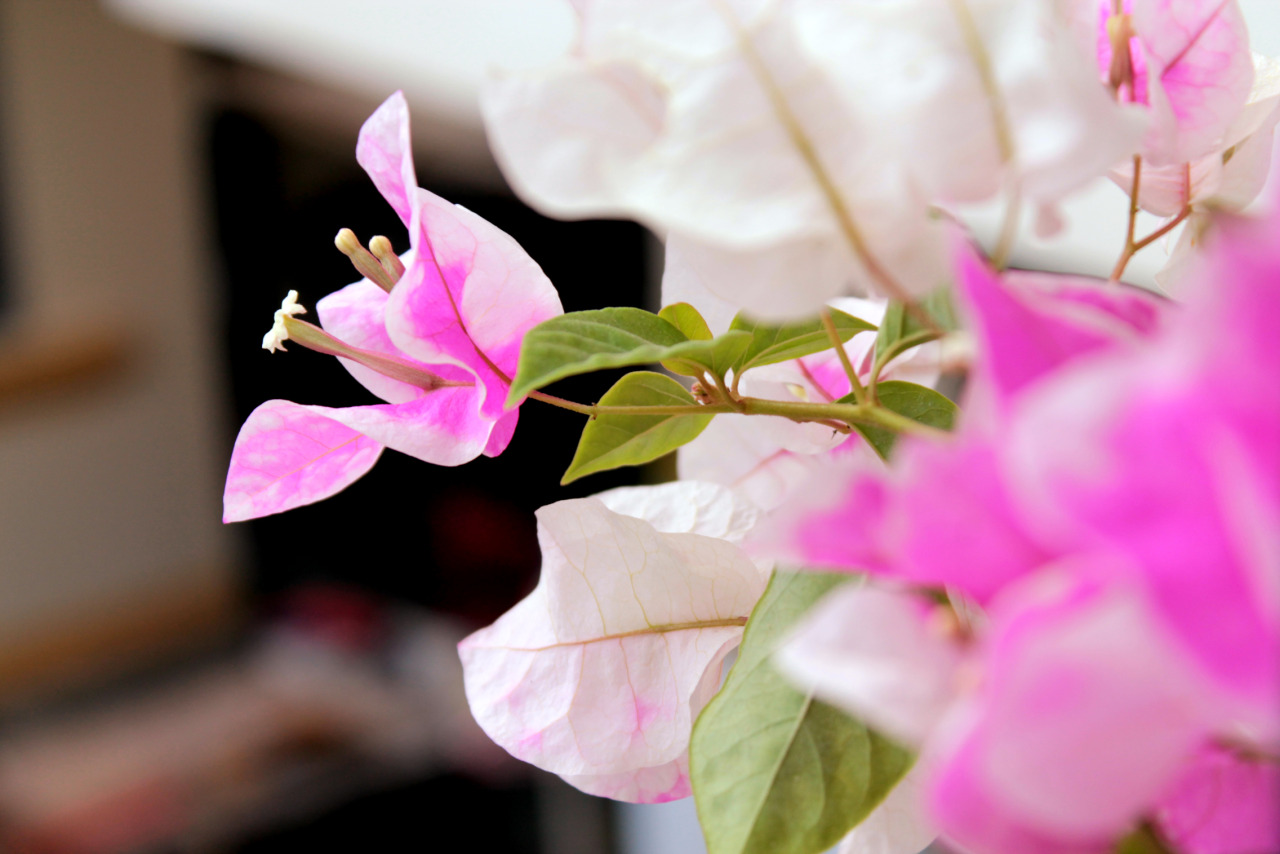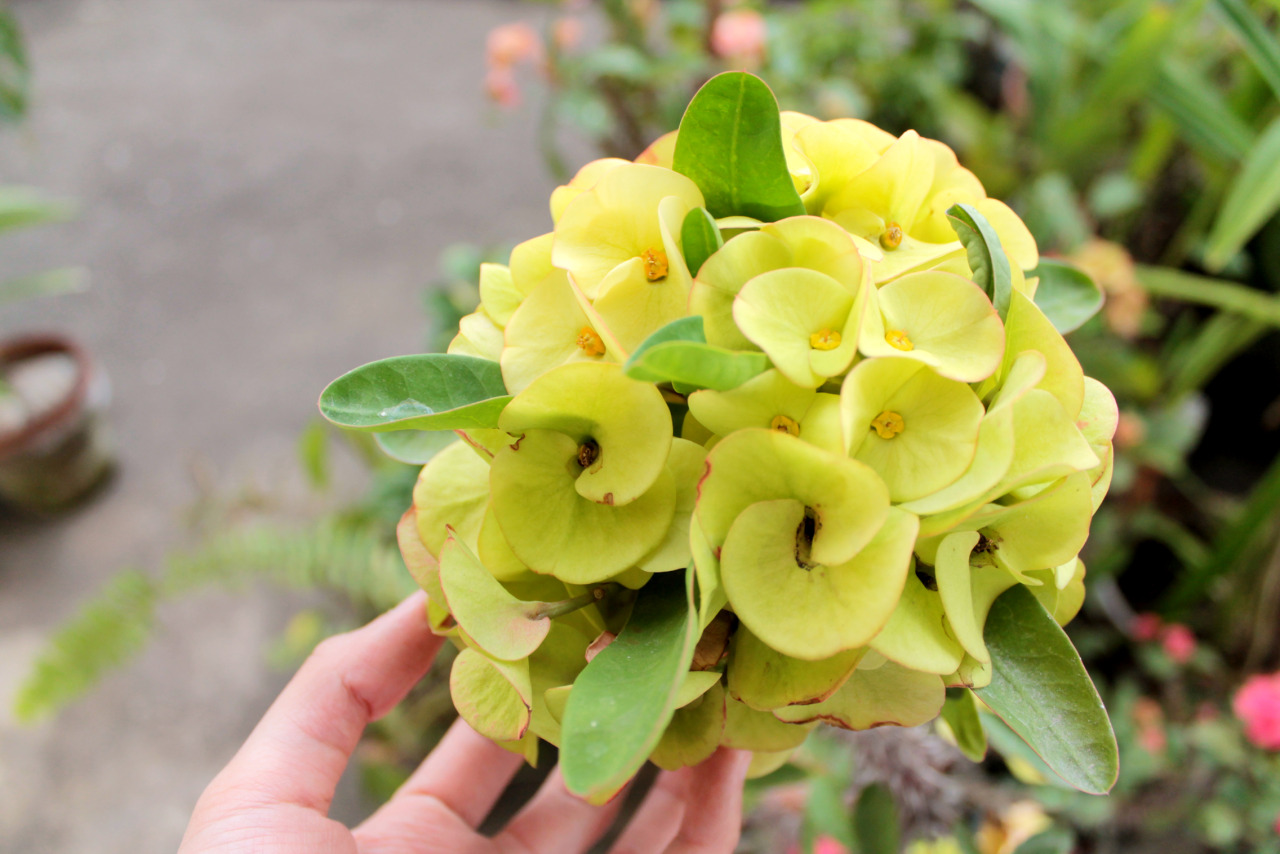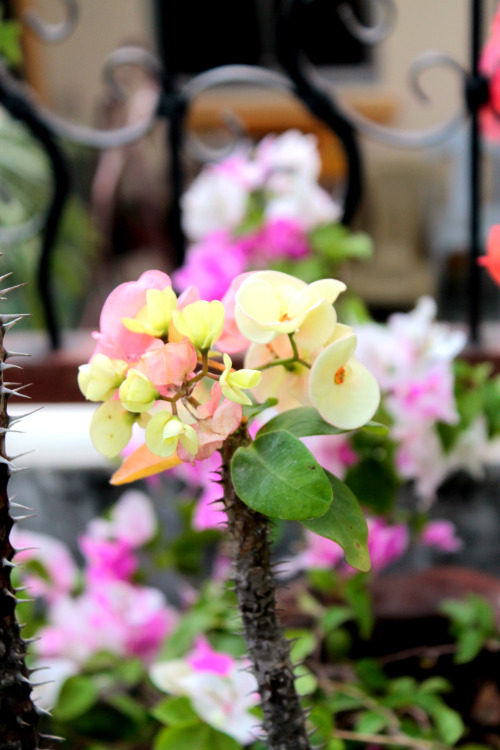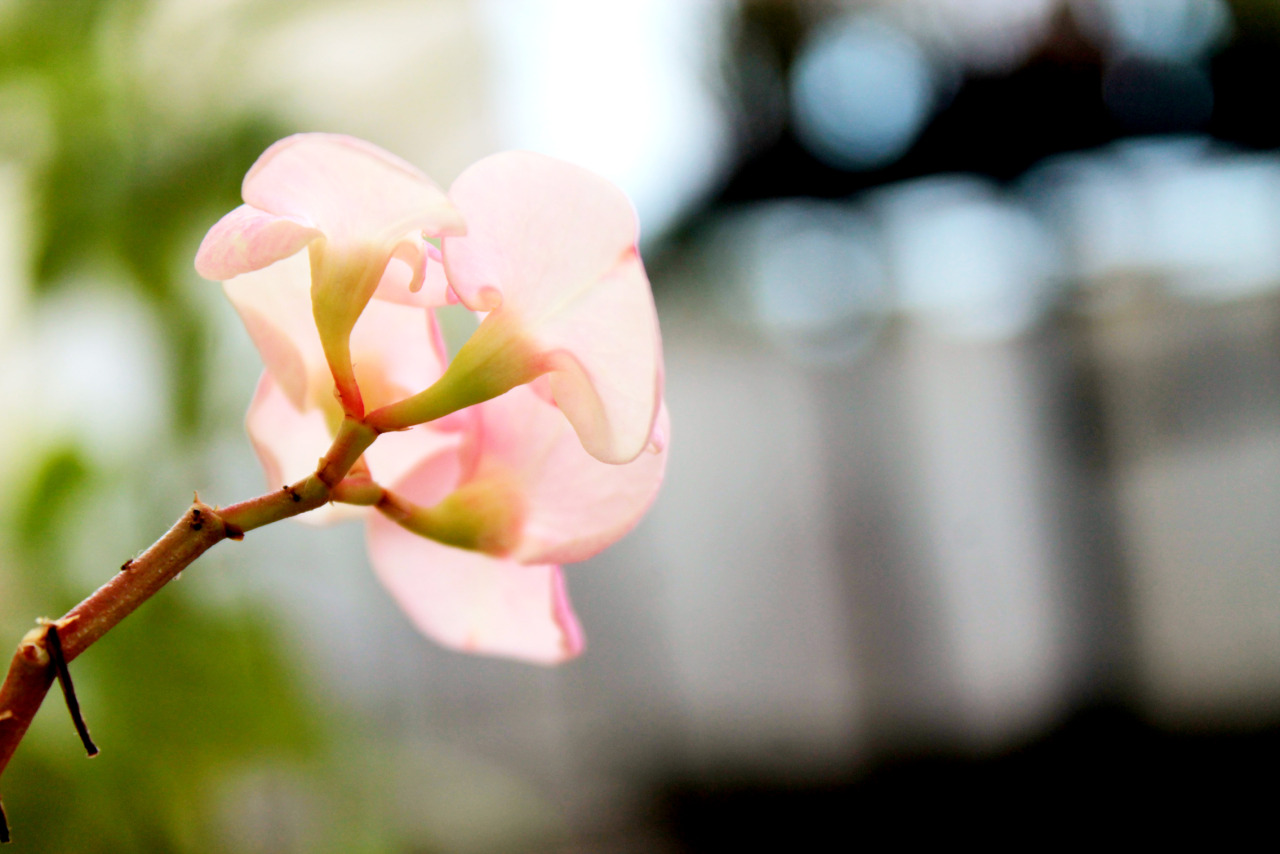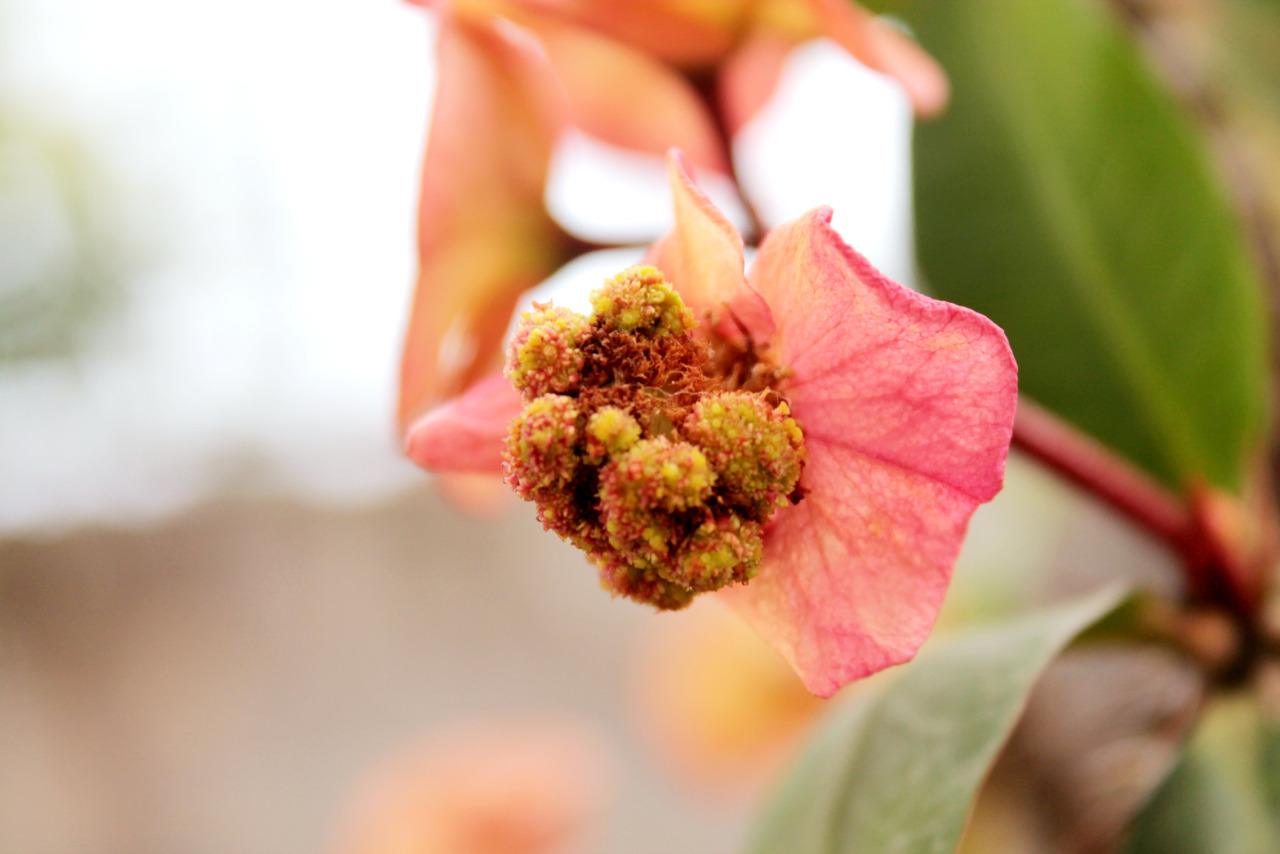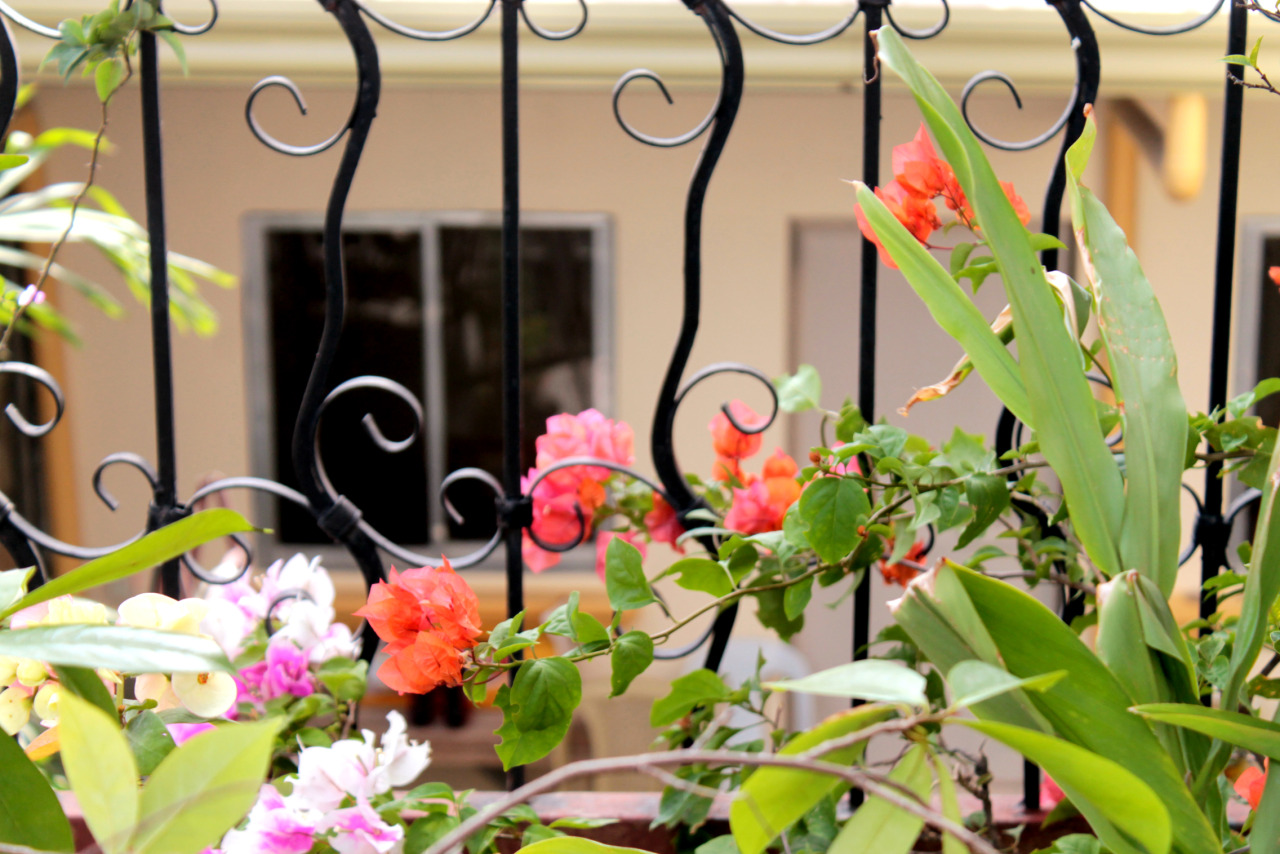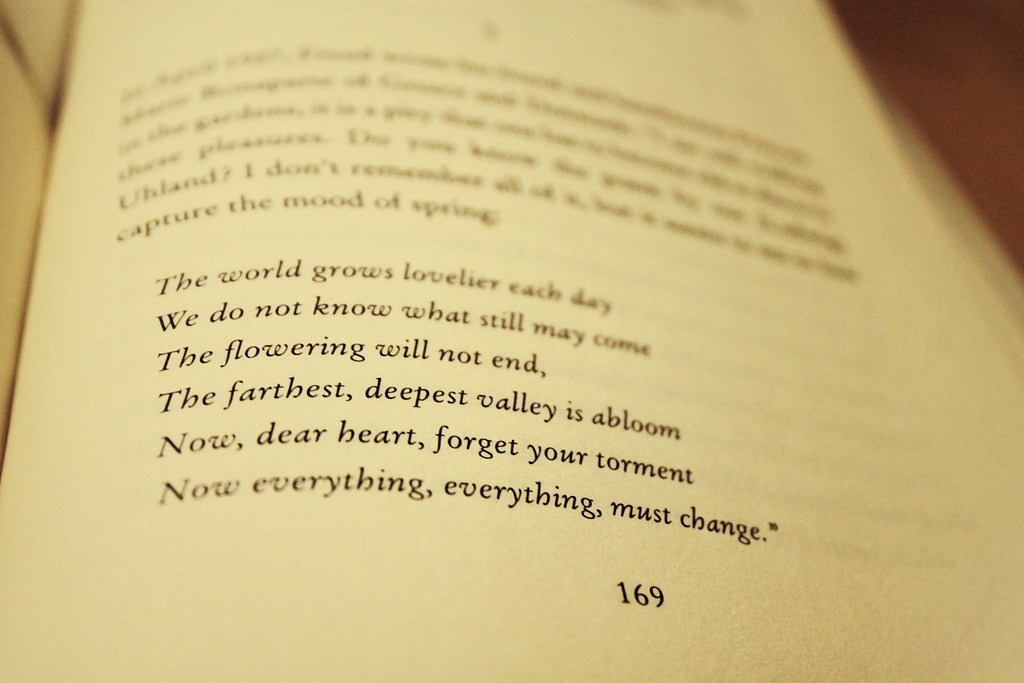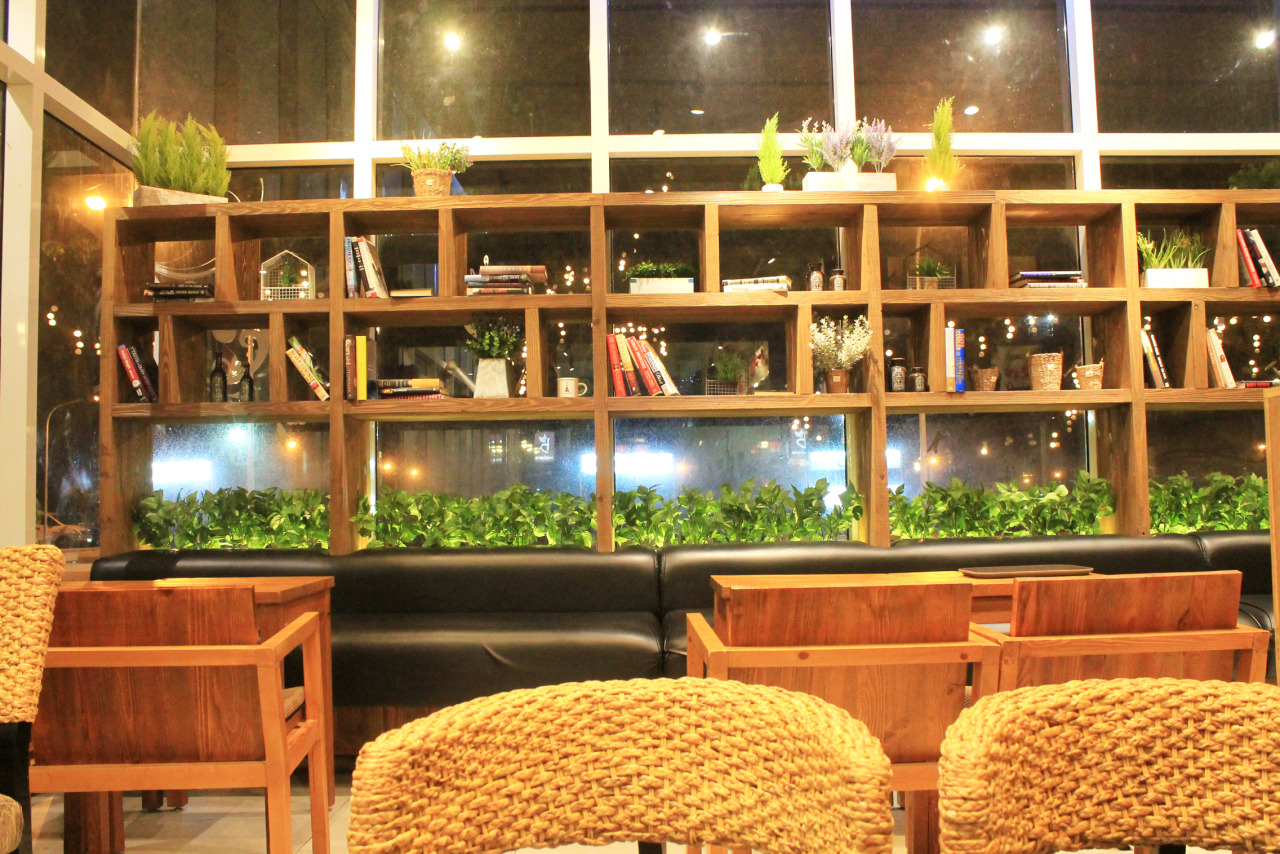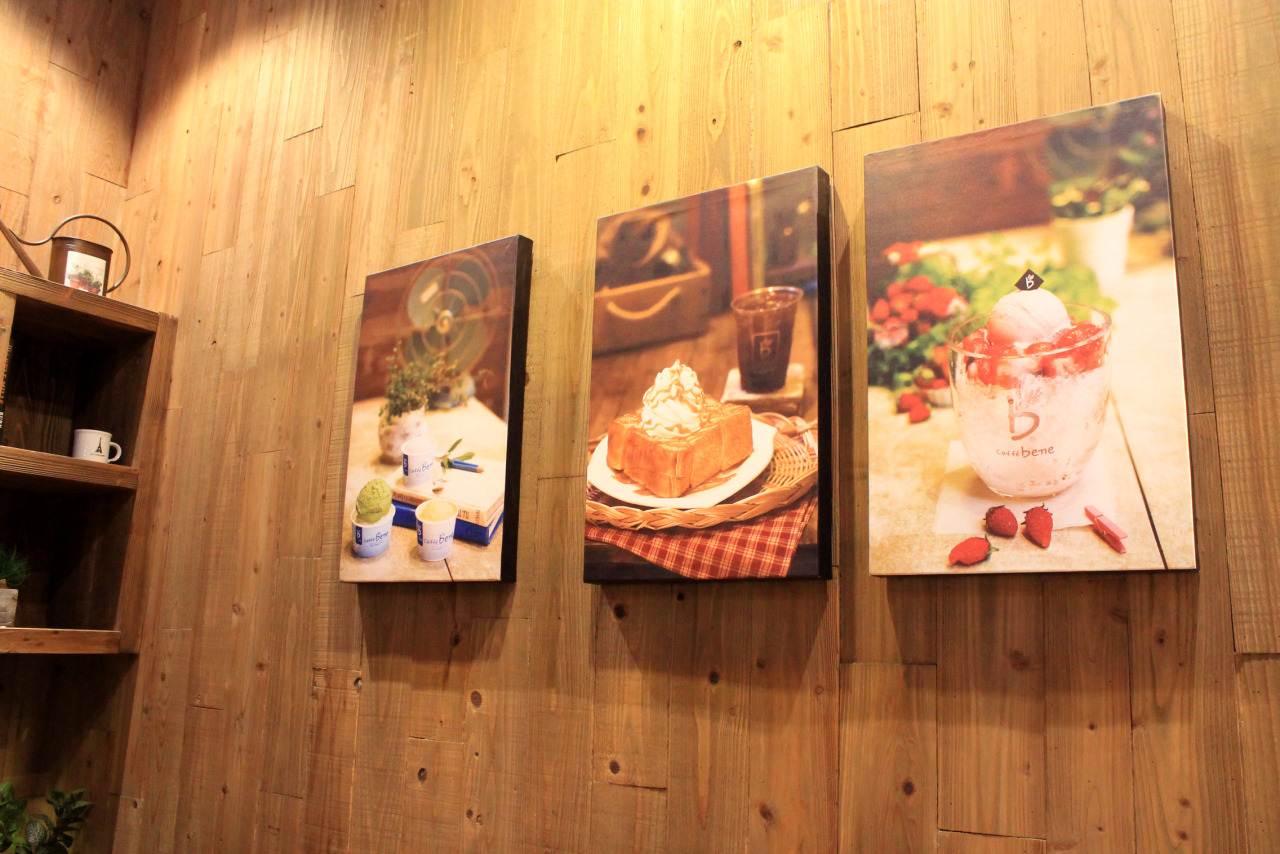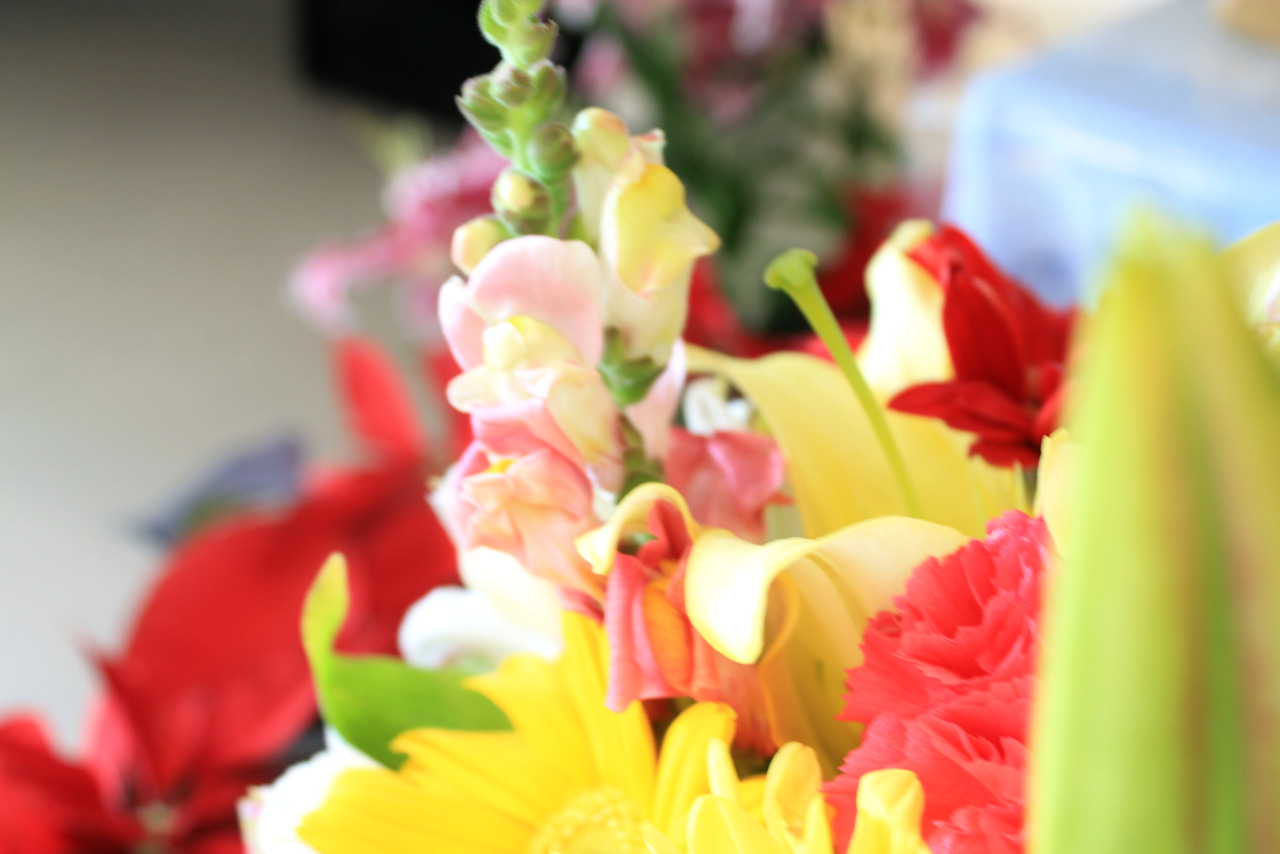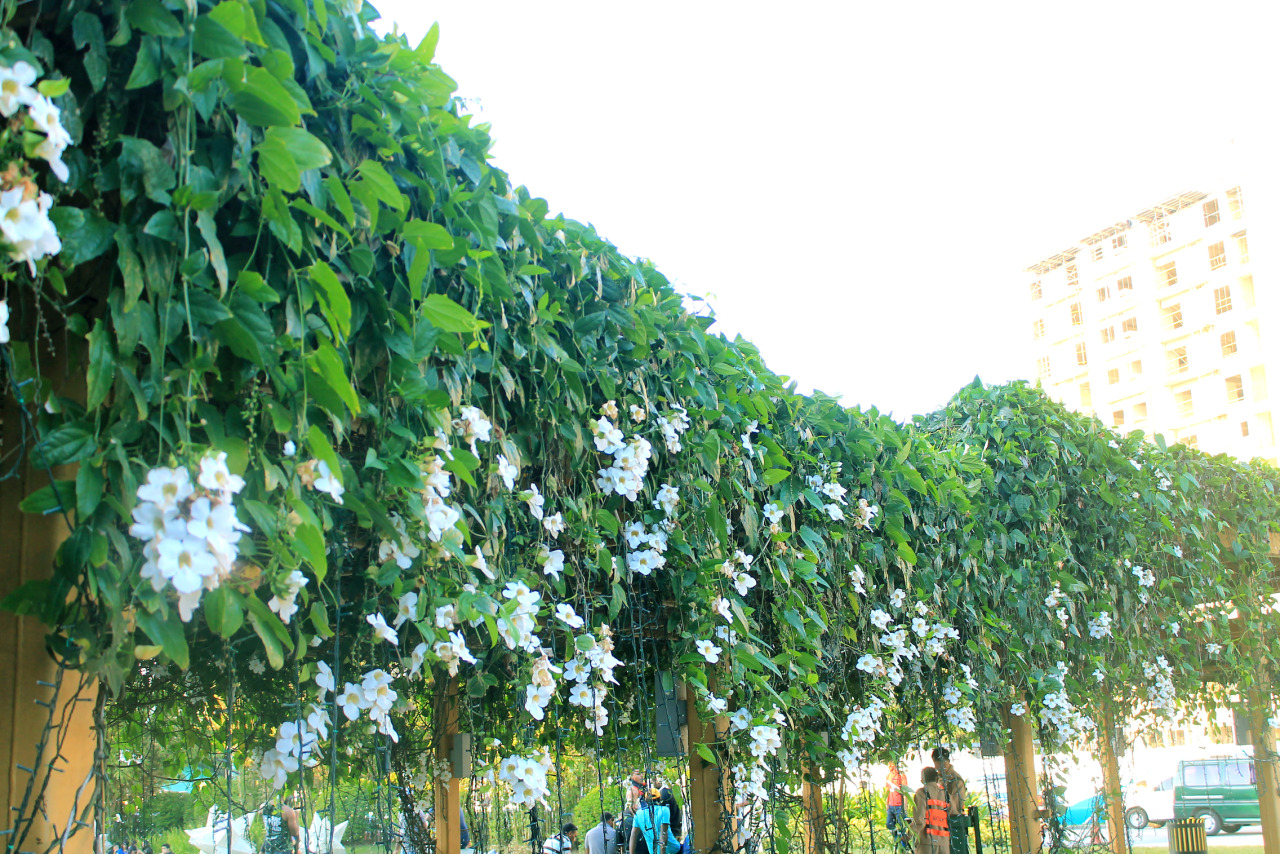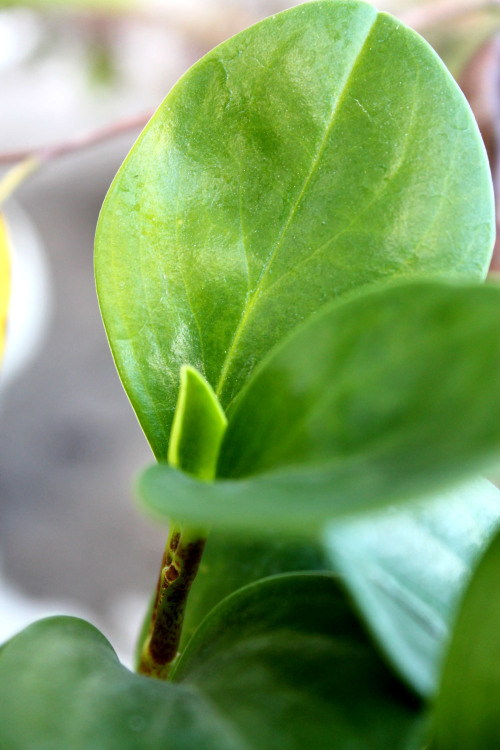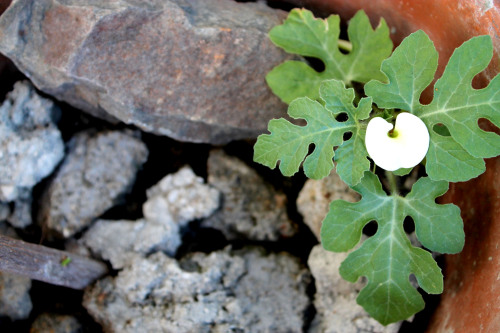Metamorphosis – n.
1. process by which certain animals undergo changes in form, structure, or function as they develop from an immature form at birth or hatching to an adult; as the change from a tadpole to a frog.
2. one that which results from such a change.
3. complete or marked change, as of appearance, character or condition.
[Latin metamorphosis transformation, from Greek metamorphosis]
Metaphor – n.
1. figure of speech in which one object or idea is compared or identified with another in order to suggest a similarity between the two.
[Latin metaphora, this figure of speech, from Greek metaphora transference]
- Colliers Dictionary, Vol. 1
In its attempts to understand what metamorphosis implies, drawing from insights on literature, scientific observation and analysis, philosophical and religious explanations, the film addressed the concept of change in a lucid style that makes the observer think about his current condition, even to the extent of prompting him to ask questions and reflect deeply on the reality of how and why he must inevitably face metamorphosis. It has a subtly gentle message far from being harshly dictatorial, thus allowing the observer to think on his own terms and thus be able to understand the process of ‘transformation’ with an open mind; gaining once again a grasp of his own limitation, albeit own humanity.
What is noteworthy on this film is on its style of presentation – its sequencing of the types of metamorphosis among living organisms: from a caterpillar to butterfly, from a larva to sea urchin, from an embryo to human baby, from a tadpole to frog, from a solitary green locust to gregarious multi-colored locust, and finally the change in a person: from lack of self-control, towards exercising choice and free will. Each type of transformation is studied on its own, and then subsequently compared its uniqueness or similarity (metaphorically) to the other succeeding types of metamorphosis; and most importantly, its relevance on understanding our own selves.
In integrating that kind of understanding, a person is able to know, differentiate and reconcile the two kinds of metamorphosis that he is facing: the physical and the metaphorical. All people undergo transformations throughout the course of their lives, but the most deceptive of all is the physical change. One might look into the mirror and in a sense of horror or fascination, mistakenly sum up the totality of ones own being to what one sees as an image of oneself in the mirror, and even make a conclusion that the image which is being projected in the mirror is exactly who one is. But no matter how or what manner one appears from the outside, whether physically pleasant or unpleasant, bears little or even no bearing at all on who one really is. In attempts to discover oneself, the outside appearance most often betrays the essence of who one really is: the quality of inner self.
As a person progresses through life, both physical and inner transformations take place and the totality of a person is not entirely based on only one component, but rather, a balance of both, or even a better and progressing condition of the inner self: which is transformed into maturity through wise and knowledgeable perception and handling of life experiences. Thus, if one looks into the mirror and sees an entirely different person, one reconsider what he sees from the outside and take a deeper view and be able to see the inner self which, through the progression in life seeks to metamorphose into maturity.
Unlike the insects and animals whose bodies are especially designed to change into entirely different adult forms, a person is facing two kinds of metamorphosis: the changes which he has to confront over which he has absolutely no control (aging, illnesses, or accidents for example), and changes that he can face where he is equipped with the freedom of choice and ability to use his innate faculties of thought, observation, emotion, perception, language and course of action.
Another factor which sets a person different from animals and other creatures is his ability to recall and remember who he was before, and in that process of recalling, can feel a sense of regret or pain on seeing his old, unchanged self transforming into another completely different being, or feel vice versa. The process of recollection can be emotionally arduous. It can be compared to mourning for the loss of an endeared object of compassion, for instance, the experience of death and grief.
But why it is that this detachment of libido (love) from its objects should be such a painful process is a mystery to us and we have not hitherto been able to frame any hypothesis to account for it. We only see that libido (love) clings to its objects and will not renounce those that are lost…Such then is mourning.
…how ephemeral were many things that we had regarded as changeless.
- Sigmund Freud, On Transience
In this process of recall, change occurs not only in the collective minds of humanity, but also in altering the course of history, changes in society, and which will eventually return to the individual himself. The person can be said to be ambivalent when it comes to this reality: while he considers change to be an integral part of his identity and existence, ironical as it seems to be, something holds him back equally as well - that he may look back and experience the pain of remembering, and thus feel regret of what one has or will become.
Because of the freedom of choice, a person’s perception of change becomes ambivalent, uncertain and without any clear-cut definition, unlike that of the caterpillar to a butterfly whose metamorphosis is simple and straightforward.
Change and why in varied ways our nature of humanity responds to it thus, is an open-ended question that the presenter of the film asks by the end of his reflection and analysis. “Maybe,” he said, “that’s being human is about.”
A person’s metamorphosis can occur, not only because there is a destiny that awaits him with forces which are beyond his control, but also because he has freedom to choose, to decide, and to change. He is the same with the animals and insects in the aspect of physical change, but at the same time, his difference from them stems from the fact that he has the ability to metamorphose, to transform his very own perception, thought, emotion, mind, behavior, and character (his inner self) into something, into someone completely different.
Later on, looking towards the fading sun, he reflects or even has the choice to return to the earlier condition of his being and truest essence. Such then is metamorphosis. Such then is transformation.


